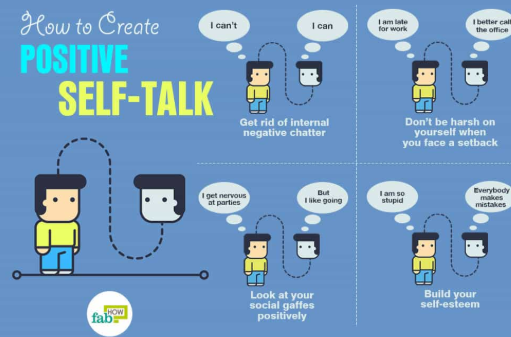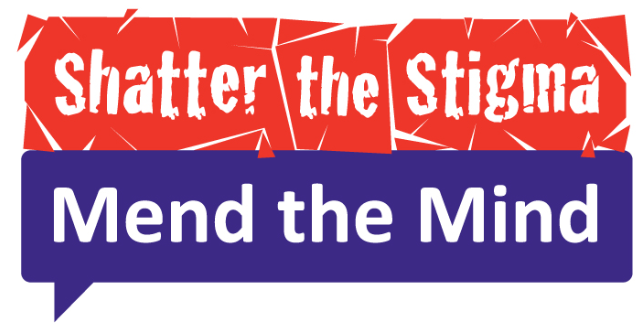
Continuing the conversation – Bell Let’s Talk
The hot breath of fear and panic breathes, my pulse quickens and I wonder if I will burst into tears. I swallow quick and quiet, try to push terror away. I work at smoothing the lines on my face, keep my expression bland, even blank. How embarrassing these sensations; it is as if I will fly apart. Different parts of me may scatter, and explode; this is my fear. What if I breakdown standing right here in the grocery store?
Anxiety is a strange beast and a punishing master. What we want to do is flip it, become friends with our anxiety, and pull the plug of the bully beating us.
So, what do we do?
1) Acknowledge your feelings. They are real; they matter. It is not an over-active imagination, or you being “too sensitive.” Too long sufferers of anxiety have been mocked or seen or as crazy, loopy or weak. Make space for your feelings. Feelings are not inherently good or bad. Attend to them as you attend to a best friend who is severely frightened. As long as those friends will not tell you – smarten up, get over yourself.
2) Talk yourself through the emotions. Tell yourself, “It is my body doing its thing, I will be okay. This too shall pass.” Therapists tell us the more we fight the anxiety the stronger it will become. This is in part, what it means to befriend your anxiety. You accept it, become mindful of it. “You roll with it,” as the saying goes. Trust it will not overpower you even though you may believe it may.
3) Gather your thoughts – practice mindfulness. Imagine you are on a ranch, horses are running wild, the rancher comes along and corrals them into a pen and shuts the gate. Thoughts are much like those horses, draw them in, examine them. Mindfulness expert Jon Kabbit-Zinn, says, “thoughts are just thoughts and not necessarily the truth of things, emotions are just emotions and not necessarily the truth of things.” This pause gives you an opportunity to confirm and validate your feelings, yet it also enables you to see that your feelings may not be accurate, which can assist in distancing yourself from the sense of overwhelm. As you do this, it helps you not to become stuck.
4) Practice self-care. Pay attention to your body, to your emotions. Do you need to rest? Do you need alone time? Or call a friend, go out for a tea, to talk and vent? What about taking a walk outside, might that be refreshing? Could snuggling under a blanket with a book be comforting? Is listening to music or watching your favourite show helpful?
5) Be kind to yourself, practice gentleness. Anxiety cannot rob of you of your unique and precious value. You have something to offer that no one else can ever replicate. It does not get to become your identity.
6) Don’t be afraid to get professional help. Reach out. A good therapist can make an incredible impact! They will help you manage your anxiety. And they can aid you going forward into the future with renewed confidence and with tools you need that will be effective.
7) Remember to breathe. Deep breathing exercises are crucial when you have an anxiety attack and can soothe and be calming. Take a slow breath in; make sure it fills your belly enough so you can sense it rise. Hold it for a second, slowly let it out.
8) Build worry time into your schedule. Doctors recommend setting aside a specific time each day to worry. Get a journal, write it out. Stay away from “what ifs,” instead focus on what is making you anxious right now. The act of writing it out brings relief and helps the anxiety not to bleed out into our everyday living.
9) Remember, sometimes you will have “bad days,” and that is okay. Sometimes no matter what we try, we seem lost in the land of anxiety and cannot find our way out. Be tender with yourself on those days. Try not to berate or beat yourself up; tomorrow will come. And tomorrow is a fresh new day full of possibilities.
10) Start a gratitude list. Write three to five things you are thankful for every single day. Over time, this builds hope and noticing the good in our lives helps to bring balance when everything else appears too awful for words. Gratitude makes you healthier and happier. Who couldn’t use more health and happiness?
Sadly, stigma will be around a long time. But through days like yesterday’s, “Bell, Let‘s Talk,” and with continuing education we can advocate for ourselves and for others struggling with mental illness. We can hold our heads high with dignity and fight for common respect and kindness for each person regardless of what their struggles may be.



















-
-
3 years
Tagged Boundaries, Exits, Forgiveness, Friendships, Relationships